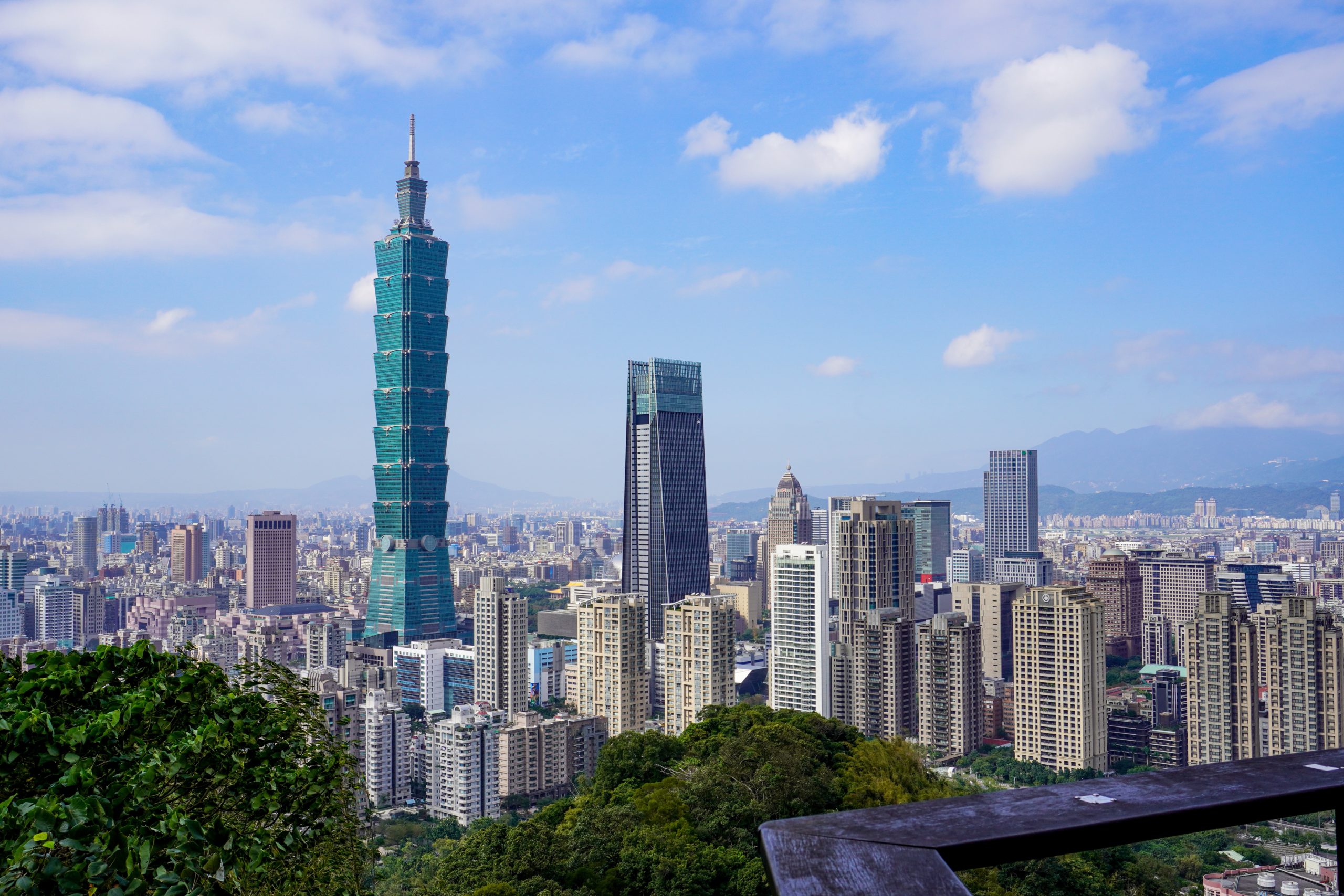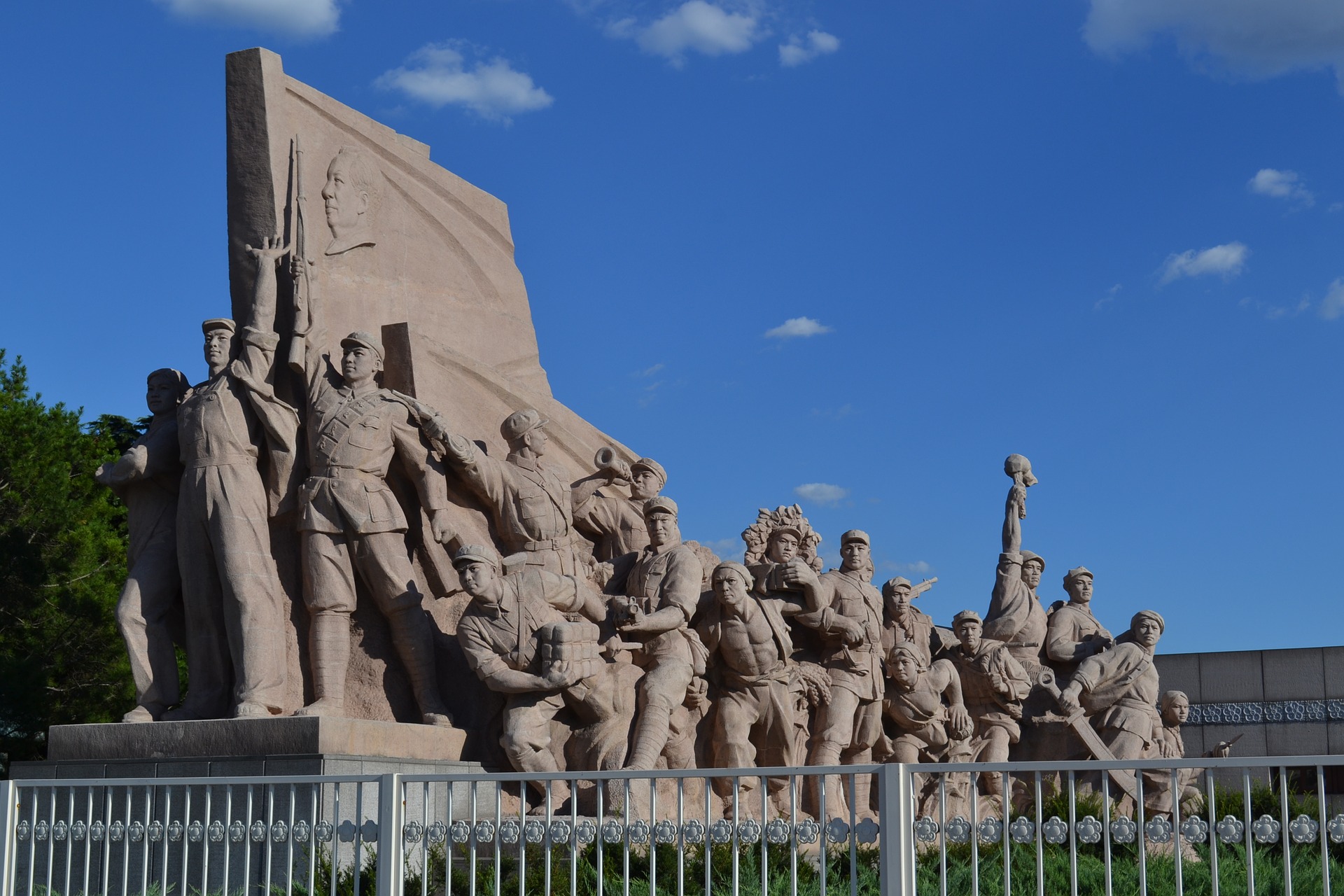William Lai’s appointment as the presumptive presidential candidate is contested at the party base; Washington has reservations and is worried; Beijing remains underwhelmed and positions its players.
On January 15th, six weeks after President Tsai Ing-wen’s official resignation from her position as chairperson of the ruling Democratic Progressive Party (DPP), incumbent vice-president William Lai (Lai Ching-te 賴清德) was elected as the new party leader. He is now the presumptive candidate for the upcoming presidential and vice-presidential elections in January 2024. Although Lai’s election was formally unanimous, it was not uncontested, neither within the party base nor in US policy-making circles. The leadership in Beijing appears to be somewhat underwhelmed and has, meanwhile, started to position its heavyweights to map out a new strategy for achieving unification.
Thinking ahead?
The DPP’s party chair elections on January 15 this year had only one candidate (William Lai) and ended with a meager turnout rate of only 17.95%. Approximately 41,900 eligible party members went to the ballots. Unsurprisingly, Lai won almost unanimously, receiving 99.95% of the total votes. In the run-up to the election, observers had pondered that Tsai Ing-wen would push one of her preferred candidates, Taoyuan City mayor Cheng Wen-tsan (鄭文燦) or former vice-president Chen Chien-jen (陳建仁). Although she pitched Chen for the position of premier, Cheng Wen-Tsan did not rival Lai and (was convinced to) agree to the uncompetitive election. This draw could be read as a sign of Tsai’s weakened position, because of the DPP’s weak performance in the local elections in November 2022 and the lack of choice of suitable candidates due to several scandals related to DPP politicians. At the same time, the decision to yield to Lai’s presidential ambitions could also be a strategic move with a smack of retaliation, given Tsai and Lai’s particular history.
Tsai Ing-wen nominated the popular Lai, mayor of DPP stronghold Tainan, as premier in 2017. He resigned only one year later to challenge her in the presidential primaries in 2019. Eventually, he lost the race and became Tsai’s vice-president. Lai’s outspokenness—or some might say, imprudence—regarding Taiwan’s (desired) status in the international community and Cross-Strait relations were convenient for the more moderate and ‘pragmatic’ Tsai Ing-wen, as he catered to the deep-green camp within the party and the electorate. But as the presidential candidate, Lai can be both beneficial and detrimental to the DPP in the current political climate. The upcoming elections will probably be the last chance for the 63-year-old Lai to attain his longstanding presidential ambitions. An electoral defeat would put a final end to them, clearing the way for other promising candidates like Cheng Wen-tsan.
Cheng enjoys high approval rates and has remained comparatively unburdened in the scandal-stricken DPP. But, unlike William Lai, he lacks experience in national politics; Han Kuo-yu’s (韓國瑜) candidacy has left no doubt that local popularity does not necessarily translate into an electoral advantage in national elections. In case of a DPP defeat in 2024, the party would have enough time to strengthen Cheng’s profile. After one, maximum two, terms during which the KMT will most probably be able to find a fix for Taiwan’s myriad of domestic challenges and Cross-Strait relations that satisfies all stakeholders—the Taiwanese people, China, and the US—Cheng could come out victorious. Cheng’s local supporters in Taoyuan were disappointed, nevertheless, and demonstrated their disapproval. Only 17% of party members voted in the party chair elections.
Lack of support of the party base and reservations in Washington
This year’s DPP party election turnout marks yet another low, after an equally disappointing turnout in 2019 when only 17 percent of DPP members exercised their right to choose a party leader in a two-way race between Cho Jung-tai (卓榮泰) and Lin Yu-chang (林右昌). Although electoral participation in party chair elections has never skyrocketed, turnouts used to reach 40-45% when at least two candidates stood for election (except for 2019). In 2012, when five candidates competed to become chairperson, voter turnout even climbed up to 48%.
Without a doubt, the absence of party members at the ballots was an unequivocal message from the party base, expressing its dissatisfaction and disapproval of the prearranged deal between factional leaders and, possibly, also casts doubts on whether Lai was indeed the best choice for the DPP and the presidential elections. In Tainan, where Lai had been an extremely popular mayor between 2010 and 2017, only 16% of party members cast their ballots. Thus, Lai lacks necessary legitimacy, a situation that does not bode well for effective political mobilization in an electoral campaign. One explanation for this outcome lies in Lai’s continued and somewhat clumsy efforts to reconcile ideational and pragmatic politics. And this is also what has worried political circles in Washington.
Lai is an outspoken supporter of Taiwan’s independence. However, his move into national politics in 2017 forced him, like the DPP in general, to take a more moderate, if not to say, strategically ambiguous stance in order to appeal to mainstream and deep-green voters and party members alike. On various occasions, including his first appearance as premier in the Legislative Yuan in 2017, Lai stated that Taiwan was a “sovereign nation with the official title the Republic of China” and that “the two sides of the Taiwan Strait are independent of each other”. Moreover, he called himself a “political worker advocating Taiwan independence” (he added “pragmatic” at the press conference of his swearing-in ceremony). At the same time, Lai denied that his approach stood in contrast to Tsai Ing-wen’s official policy of ‘maintaining the status quo’, as “Taiwan does not need to declare formal independence” (because it is de facto independent). Moreover, he seeks “exchange, mutual understanding and reconciliation” with China.
His declarations and strategic dropping of the unspeakable ‘i’ and ‘s’ words in reference to Taiwan(independent, sovereign and state)have been followed by policy circles in Washington closely since 2017, and reservations against him have become more pronounced recently. Under Donald Trump and at the beginning of Joe Biden’s presidency, Lai could ride the tide of the US’s confrontational China policy mixed with a tug-war between politicians and pundits on whether to shift from traditional strategic ambiguity to strategic clarity in favor of a more assertive Taiwan. However, the tide began to turn when things risked escalating after Nancy Pelosi, then the speaker of the US House of Representatives, visited Taiwan in August 2022. Since the high-level meeting between President Joe Biden and General Party Secretary Xi Jinping in Bali in November 2022, both Biden and the US Secretary of State, Anthony Blinken, have stated on various occasions (unequivocally) that they disapproved of any unilateral change of the status quo or provocation of either side. Thus, a strong-independent leaning Taiwanese president who favors ideational over pragmatic politics goes against the interests of the US and would lose the important support Taiwan needs and is pitting on. The fact that the DPP has beefed up its charm offensive to “explain” William Lai’s approach to independence and how it fits into a framework of ‘maintaining the status quo’, shows that the party is aware of Lai’s image abroad and the inherent risk that comes with his potential presidential candidacy. Against this background, this time, the choice of the vice president will probably cater to the need to reassure skeptics in the US and moderates at home.
Beijing shows restraint while positioning its unarmed forces
While William Lai’s de facto nomination has sparked concerns in Washington, Beijing has shown itself rather underwhelmed. Except for a fairly seasoned scholarly analysis on the possible implications of Lai’s chairmanship for the DDP in the China Daily on 13 January 2023, Chinese state media and authorities refrained from any lengthy comment on Lai’s official appointment as DPP party chairperson. Neither did they exploit it for the usual symbolic politics and nationalist propaganda, despite Lai’s reiteration that “Taiwan is already an independent and sovereign nation and thus we do not have a need to further declare Taiwan independence” at his swearing-in ceremony. In contrast, the Chinese Communist Party’s English-language tabloid, Global Times, published a lengthy comment on the resignation of the “die-hard secessionist” Su Tseng-chang (蘇貞昌) (Su was put on the official sanction list of the Chinese government, while Tsai and Lai not) and its implication for the DPP. Lai was only briefly mentioned in the last paragraph of the commentary.
The Chinese leadership’s decision not to comment on Lai’s election reveals more than it hides about its assessment of Lai’s final accession to the chairperson and presumptive presidential candidacy. Beijing is not concerned about Lai, and the reason lies ipso facto in his highly contested standing at home and abroad. The reservations and mixed reactions coming out of Washington, the protest vote (i.e., absence) of the party base, and the DPP’s concomitant charm campaign of Lai’s image reassure the leadership in Beijing that either the US or voters in Taiwan will do the job for them. They expect that Lai will either toe the US’s policy line by taking a real ‘pragmatic’ attitude or, if he decides otherwise, Taiwanese voters will shy away from voting for a candidate who risks making cross-strait relations even more turbulent while lacking unequivocal support from Washington.
Leaving the DPP to its own and the US’s devices, the Chinese leadership has meanwhile begun to position its “top brain” to craft a new strategy for Taiwan’s unification. According to an article in Nikkei Asia, the thought-to-be-gone ideology czar, Wang Huning (王沪宁), who is expected to chair the Chinese People’s Political Consultative Conference, will also become the deputy director of the Central Leading Group for Taiwan Affairs. There, he will report to the new Politburo member and seasoned diplomat Wang Yi (王毅), who will become the secretary general of the Leading Group for Taiwan Affairs. According to the source of Nikkei Asia, Xi Jinping plans to discard the “one country, two systems” approach, which failed to materialize in Hong Kong and Taiwan and has given Wang the task of mapping out an entirely new strategy for unification.
Tensions in the relationships between Taiwan, China, and the US will not slacken off but rather increase throughout the year 2023, how the DPP and the KMT position themselves in this strategic triangle will inform voter choices and ultimately determine the election outcome.







